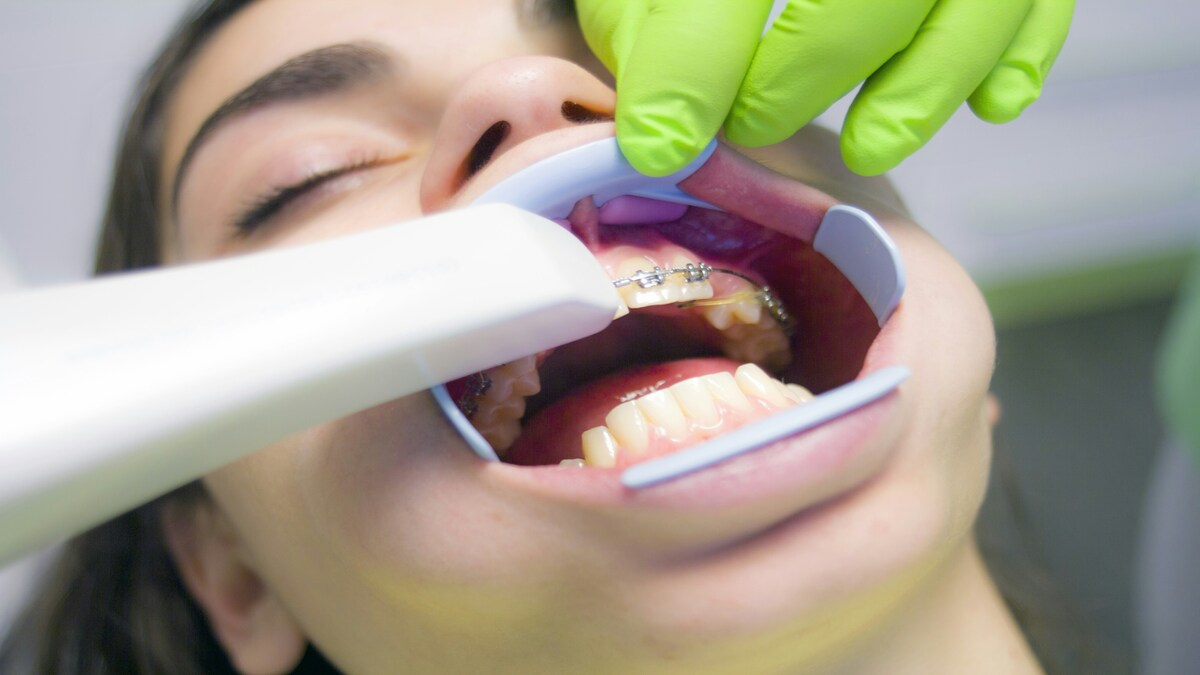Access to dental care is a vital aspect of overall health for veterans, but not all qualify for comprehensive Veterans Affairs (VA) dental benefits. The VA offers dental care based on specific eligibility criteria tied to service history, disabilities, and other factors.
VA dental care eligibility
Eligibility for VA dental benefits is categorized into classes based on a veteran’s circumstances. Each class defines the scope of services available, ranging from emergency care to comprehensive treatment.
Class I: Comprehensive care for service-connected disabilities
Veterans with a 100% service-connected disability rating or who receive Total Disability Individual Unemployment (TDIU) benefits are eligible for full dental care. This includes routine exams, cleanings, fillings, oral surgery, and prosthetic devices like dentures. However, those on long-term inpatient care may not qualify for comprehensive coverage in this class.
Class IIA: Treatment for service-connected dental conditions
Veterans with service-connected dental conditions can receive treatment to address these specific issues. Conditions must be directly linked to service, such as injuries sustained during active duty.
Class II: Completion of pre-discharge dental care
If a veteran did not complete a dental evaluation or treatment before discharge, they may qualify for Class II benefits. These are typically available for a limited time post-discharge and include preventive, diagnostic, and restorative care.
Read more: Does VA benefits count as income for SNAP and what to take into account if you’re applying?
Class IIC: Former prisoners of war
Former prisoners of war (POWs) are entitled to full dental benefits, regardless of their service-connected disability rating. This includes all necessary dental care to restore and maintain oral health.
Class V: Vocational Rehabilitation Participants
Veterans actively enrolled in a Vocational Rehabilitation and Employment (VR&E) program may receive dental care to support their rehabilitation goals. This ensures that dental issues do not hinder their progress in returning to the workforce.
Class VI: Health impact considerations
Veterans whose dental conditions adversely affect their overall health or ability to manage another service-connected medical condition are eligible for treatment under Class VI.
VA dental ratings and service connections
The VA assigns disability ratings for service-related dental conditions, ranging from 0% to 100%. Ratings impact eligibility for benefits:
- 10%-40% Rating: Covers specific service-connected conditions, such as damage to the jaw or loss of teeth due to trauma.
- 100% Rating: Grants access to all VA dental services as part of comprehensive healthcare benefits.
Veterans with dental issues related to chronic illnesses, such as diabetes or cardiovascular disease, may also qualify under pilot programs like VETSmile. This initiative collaborates with local dental providers to extend care to underserved veterans.
Documentation and application process
To apply for VA dental benefits, veterans must provide:
- Service Records: Proof of military service and discharge details, such as the DD Form 214.
- VA Forms: Specific forms like VA Form 10-564-D or VA Form 10-7131, used for medical and dental claims, may be required.
- Service Connection Evidence: Medical records linking dental issues to service-related injuries or conditions.
Applications can be submitted online through the VA website or at local VA medical facilities.
Read more: VA benefits boost: flagship Veterans’ package passes House – What does it mean for you?
Special considerations
Veterans without access to VA dental care can opt into the VA Dental Insurance Program (VADIP). This program offers discounted dental insurance for veterans enrolled in VA health care or the Civilian Health and Medical Program of the Department of Veterans Affairs (CHAMPVA). VADIP includes services like routine exams, cleanings, and restorative care at reduced rates.
Resources for ineligible veterans
Veterans not qualifying for VA dental benefits can explore alternative programs:
- VETSmile: A VA pilot program connecting veterans to community dental providers at reduced costs.
- Federally Qualified Health Centers (FQHCs): These centers offer affordable dental services to underserved populations, including veterans.
- Pro Bono Programs: Organizations like Give Veterans A Smile provide free dental care to veterans with limited access.
Importance of VA dental benefits
Dental health is an important component of overall well-being. Without proper care, oral issues can exacerbate other health conditions, such as diabetes and heart disease. The VA’s classification system ensures that those most in need, such as disabled veterans and former POWs, receive adequate dental care.
